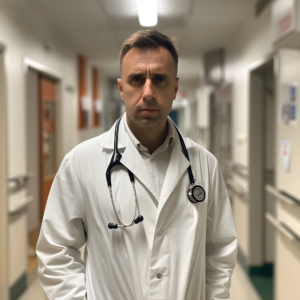Pittsburgh have multiple Senior healthcare roles available

Senior healthcare roles in Pittsburgh are essential to supporting the city’s aging population, which has steadily grown as baby boomers enter retirement age. These roles encompass a range of positions, including leadership, clinical, and support staff, all of which work collaboratively to deliver high-quality healthcare services to seniors.
One of the most crucial roles is that of geriatricians, medical doctors who specialize in treating older adults. These physicians are trained to manage the complex health issues common in seniors, such as chronic diseases, frailty, and cognitive decline. They work closely with nurse practitioners and physician assistants who also specialize in geriatric care, often managing day-to-day patient care, conducting assessments, and prescribing medications. Pittsburgh’s healthcare facilities, such as UPMC and Allegheny Health Network, rely heavily on these professionals to meet the needs of the aging population.

Nursing roles are equally important in senior healthcare. Registered nurses (RNs) and licensed practical nurses (LPNs) provide direct patient care in hospitals, long-term care facilities, and home care settings. They assist with medication administration, wound care, and other essential health services. Certified nursing assistants (CNAs) provide basic care, such as helping seniors with daily living activities like bathing, dressing, and eating. In Pittsburgh, where many seniors prefer to age in place, home health aides play a critical role by offering in-home care and companionship.

At a leadership level, healthcare administrators and directors of nursing manage senior care facilities and programs. These roles are responsible for the operational oversight of nursing homes, assisted living communities, and specialized care units for dementia or Alzheimer’s disease. Administrators ensure that facilities comply with regulations, manage budgets, and oversee staffing, all while maintaining a focus on high-quality patient care.

Additionally, social workers are integral in senior healthcare, particularly in helping older adults and their families navigate the healthcare system. They provide emotional support, coordinate care plans, and assist with accessing community resources, including Medicare, Medicaid, and veterans’ benefits.
In Pittsburgh, a city with a strong healthcare infrastructure and numerous academic institutions, senior healthcare roles are in high demand. The region’s healthcare systems are expanding to accommodate the growing elderly population, creating opportunities for professionals dedicated to enhancing the quality of life for seniors.